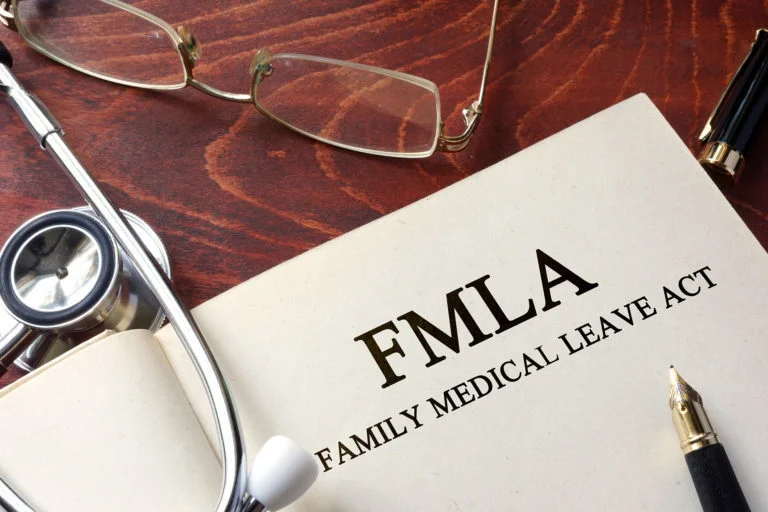When you have a medical condition that requires you to leave work for a while, it can be a scary proposition. Will you lose your job? Do they have to let you come back? How will you pay the bills? What about health insurance? These concerns and more are addressed by the Family Medical Leave Act (FMLA), a federal law designed to protect many American workers and their rights when they get sick or have to leave work temporarily. If the law applies to you, then you can take up to 12 weeks of unpaid leave. Here are the keys to using FMLA.
Does FMLA Apply to Me?
Not all employers and employees qualify under federal law. To be eligible, the following must apply in order for the employer to be covered:
- Applies to public agencies (federal, state, local, etc.)
- Applies to public schools
- Applies to private employers with at least 50 employees who work at least 20 weeks during this year or last
The following must apply to the employee:
- Must work for a covered employer (see above)
- Must have been employed for at least 12 months (for at least 1,250 hours during that year), prior to actually going on FMLA leave
- Must work at a location where there are at least 50 employees (at the same location or within 75 miles thereof)
What Can FMLA be Used for?
The idea of FMLA is to allow a sick or injured worker to take time to get better before coming back to work. This may include:
- Serious medical conditions that make it impossible for you to work
- You have to care for an immediate family member who has a serious condition
- Having a baby
- Adopting a child
- Other “qualifying exigencies” (these can include a host of unusual situations, such as a spouse being called to Active Duty in the military)
How do I Prove I Need FMLA?
Some people worry they will have to give their employer medical records to prove their condition. This is not necessary. If your employer needs proof, it will provide you with a Department of Labor approved form to allow your health care provider to certify your medical leave. See the attached link: https://www.dol.gov/whd/forms/WH-380-E.pdf (for your own serious health condition, or https://www.dol.gov/whd/forms/WH-380-F.pdf (for a family member’s serious health condition)
How to Take FMLA
First, your employer can require you to use all applicable paid vacation, personal time, or sick leave that you have accrued before FMLA will kick in. Keep in mind, FMLA is unpaid leave. You are not paid while out on FMLA. That said, there is nothing that says you can not work or earn income of some sort while you are out. If the condition that triggered your FMLA no longer exists, then your employer can require you to return, and your absences could be counted against you.
Where to Turn for Help
If you have been refused FMLA, you may have a claim for compensation. Some employers lie or mislead employees to think they are not eligible to keep their jobs after having a baby or recovering from a surgery, when in truth, the employer is legally required under FMLA to allow the employee to take up to 12 weeks of unpaid leave.
Some employers terminate employees for using FMLA, but state a false reason for the termination to cover for the illegal behavior.
If either of these events happens to you, then you may be entitled to compensation. Give us a call to learn more about your rights.


